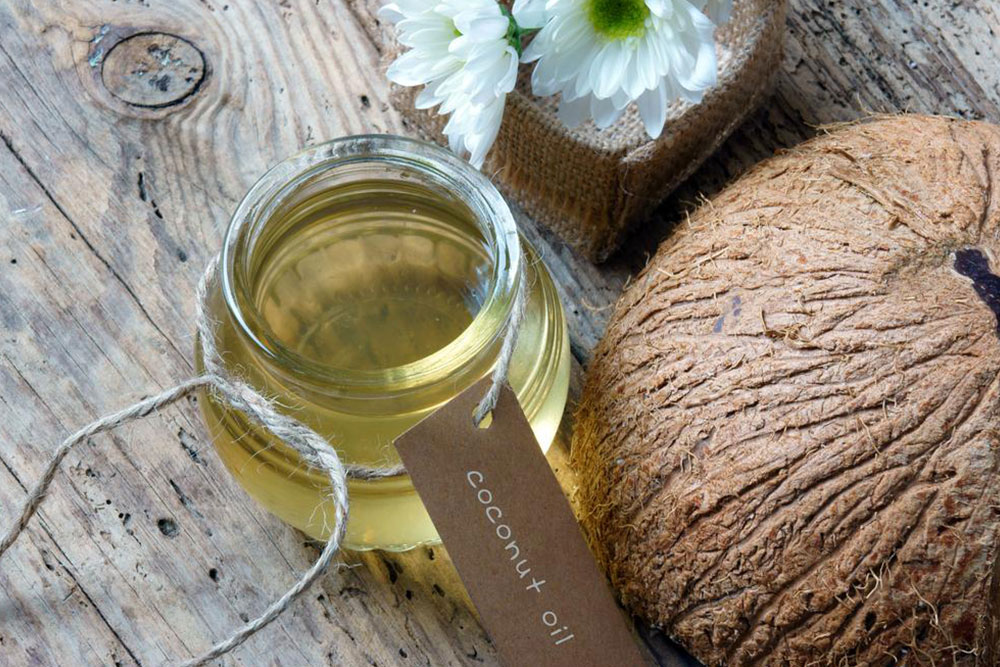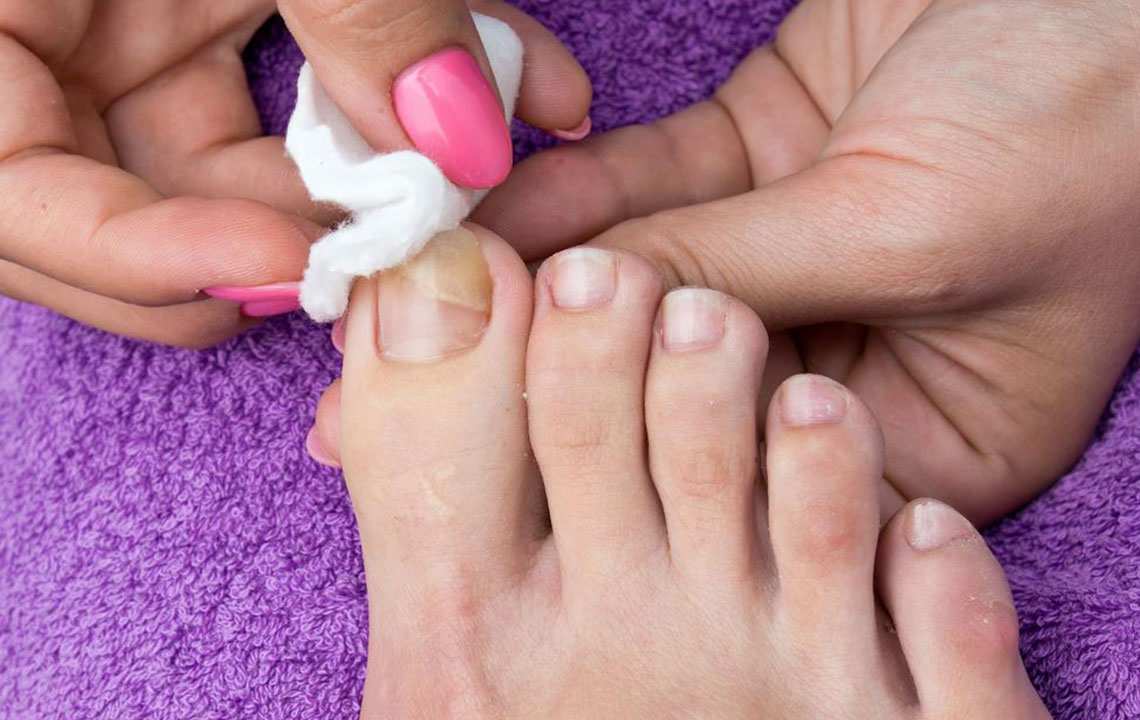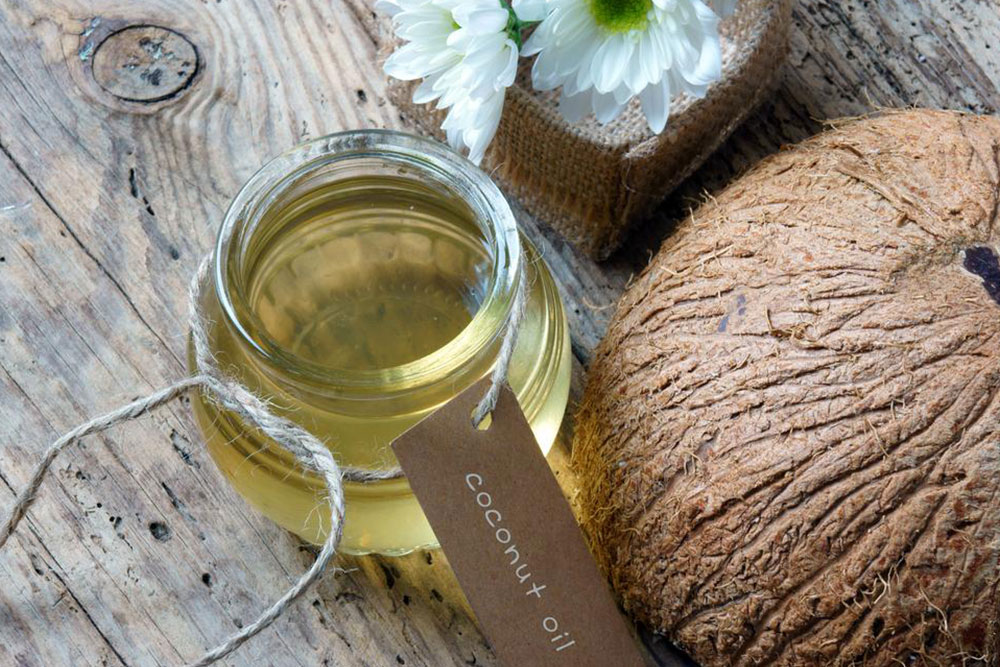Comprehensive Guide to Natural Remedies for Ringworm Infection: Effective Home Treatments
This comprehensive guide explores natural remedies for ringworm, emphasizing effective home treatments like tea tree oil, coconut oil, turmeric, and aloe vera. It highlights hygiene practices, environmental precautions, and when to seek medical help. Ideal for those seeking natural, safe solutions to manage mild ringworm infections efficiently, promoting faster recovery with minimal medications.

Ringworm, medically known as tinea, is a common fungal infection that affects the skin, hair, and nails. Despite its name, it has no relation to worms; instead, it results from a group of fungi called dermatophytes. These fungi thrive on dead keratinized tissue, leading to characteristic circular, red, and scaly patches that often resemble rings. The infection can appear anywhere on the body, including the arms, scalp, face, and groin area, with the latter commonly referred to as jock itch. Recognizing and managing ringworm early is vital to prevent its spread and facilitate faster recovery.
Understanding how ringworm forms is essential in combating it effectively. The fungi are contagious and can spread through direct skin contact, contact with contaminated objects such as towels, clothing, or bedding, or even via shared surfaces like gym equipment. Moisture, heat, and sweating create an ideal environment for fungal growth, which is why areas prone to sweating, like the groin or scalp, are often affected.
Natural Home Remedies for Ringworm Treatment
While antifungal medications prescribed by healthcare professionals are effective, many people seek natural, cost-effective, and accessible remedies to manage mild cases of ringworm at home. These natural options can help reduce symptoms, inhibit fungal growth, and promote healing when applied consistently alongside good hygiene practices.
1. Maintaining Excellent Hygiene
The foundation of treating ringworm naturally starts with impeccable hygiene. Regularly washing the affected area with antibacterial or antifungal soap helps eliminate surface fungi and reduces the risk of spreading the infection. Ensuring the area is thoroughly dried afterward is equally important since fungi thrive in moist environments. Use clean towels or tissues to dry the skin and avoid sharing towels, bedding, or clothing with others to prevent transmission.
2. Tea Tree Oil for Fungal Suppression
Tea tree oil is renowned for its potent antifungal and antimicrobial properties. When diluted with a carrier oil, such as coconut oil, it can be applied directly to the affected area to inhibit fungal growth. Studies suggest that tea tree oil can effectively reduce the severity of ringworm symptoms by destroying the fungi responsible for the infection. To use, mix a few drops of tea tree oil with a tablespoon of coconut oil and apply gently. Repeat this process two to three times daily until symptoms improve. Be cautious to perform a patch test before prolonged use to prevent skin irritation.
3. Coconut Oil and Its Antifungal Benefits
Coconut oil contains lauric acid, which exhibits natural antifungal properties. Applying virgin, unrefined coconut oil directly to the infected skin can help slow down fungal development and reduce inflammation. Its moisturizing effect also soothes irritated skin, alleviating discomfort. Reapply coconut oil several times a day, especially after washing the area, to maintain a protective layer against fungi and promote faster healing.
4. Turmeric Paste for Anti-Inflammatory Action
Turmeric, a common kitchen spice, contains curcumin, a compound with powerful anti-inflammatory, antimicrobial, and antifungal benefits. Creating a turmeric paste with turmeric powder and water or honey enables topical application, which can help reduce inflammation, redness, and fungal proliferation. Apply the paste directly to the affected area and leave it on for 20-30 minutes before rinsing. Regular application can accelerate healing, especially in cases with significant inflammation or redness.
5. Aloe Vera for Soothing and Healing
Aloe vera is widely recognized for its soothing properties and ability to promote skin regeneration. Its natural compounds, such as antioxidants, enzymes, and polysaccharides, can help reduce inflammation and discomfort caused by ringworm. Applying fresh aloe vera gel directly from the plant or using pure aloe vera gel purchased from stores can help soothe irritated skin and foster healing. Apply generously to the affected area twice daily for best results.
6. Licorice Root Extract
Licorice root contains glycyrrhizin, which has antifungal and anti-inflammatory properties. Making a paste from licorice root powder and applying it directly to the lesion can help prevent fungal spread and soothe inflamed skin. Several natural remedies incorporate licorice extract for their anti-fungal benefits. Consistent application over multiple days can help in reducing the severity of the infection.
Additional Tips for Effective Home Management
Wear loose, breathable clothing, especially in hot weather, to prevent excess sweating and moisture buildup.
Avoid scratching or irritating the lesion to prevent secondary bacterial infections and scarring.
Change bed linens, towels, and clothing frequently, at least once daily, to eliminate fungal spores.
Maintain overall skin health with proper nutrition, hydration, and regular cleaning routines.
Monitor the affected area; if symptoms worsen or do not improve after two weeks of home treatment, consult a healthcare professional.
When to Seek Medical Attention
While many cases of ringworm respond well to home remedies, certain situations necessitate professional medical treatment. If the lesion enlarges rapidly, if multiple patches appear, or if the infection occurs on the scalp leading to hair loss, consult a healthcare provider promptly. Additionally, if the infection is accompanied by intense pain, swelling, or pus, or if it fails to respond to natural remedies after a few weeks, professional evaluation and antifungal medication may be necessary.
Conclusion
Managing ringworm effectively at home is achievable through consistent hygiene practices and the use of natural remedies known for their antifungal properties. Techniques such as using tea tree oil, coconut oil, turmeric, aloe vera, and licorice root, combined with good hygiene and environmental precautions, can significantly aid in controlling mild infections. However, understanding when to seek medical advice ensures that more stubborn or complicated cases are properly addressed. Embracing these natural approaches not only promotes faster healing but also offers a safer, holistic way to deal with this common skin infection.




